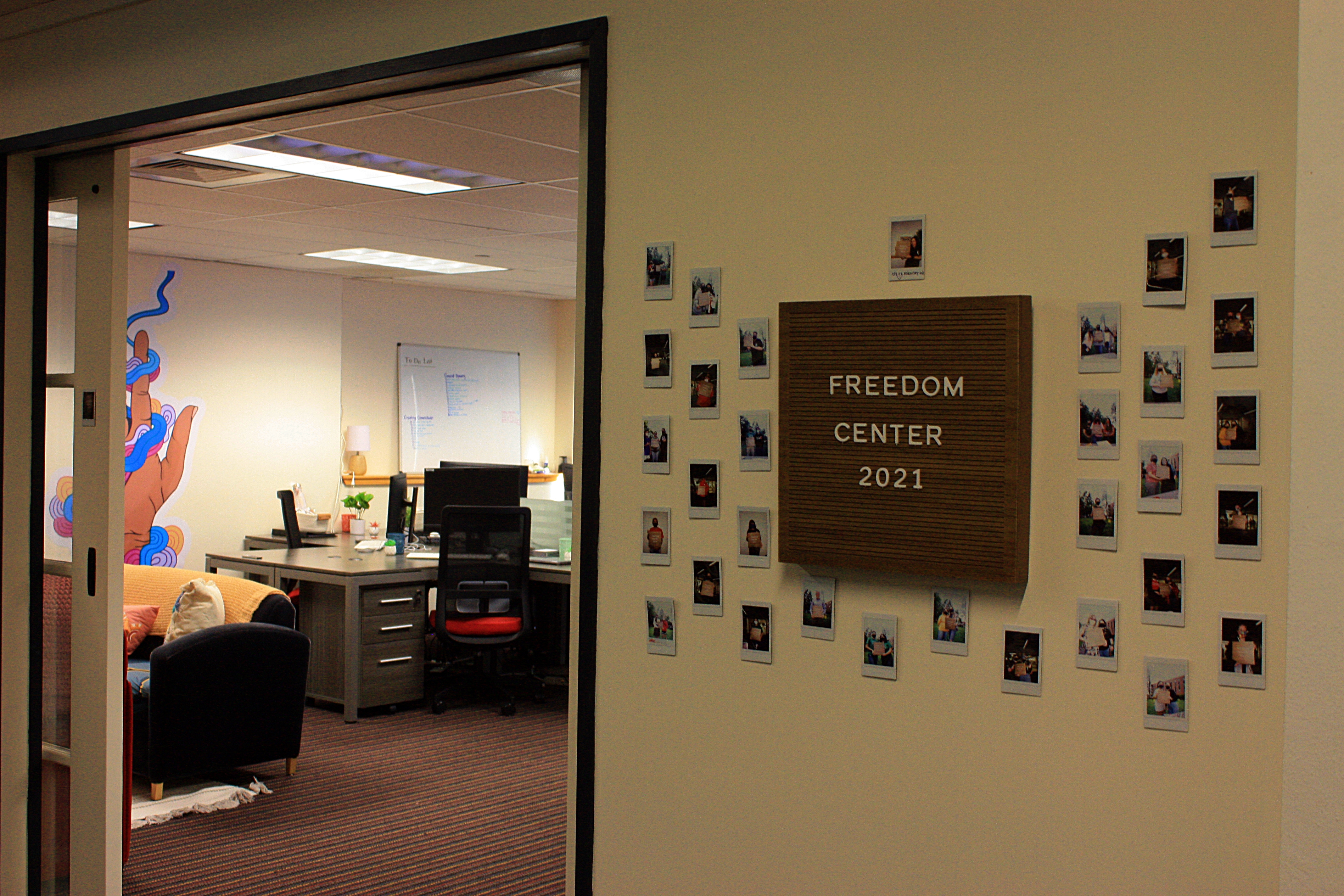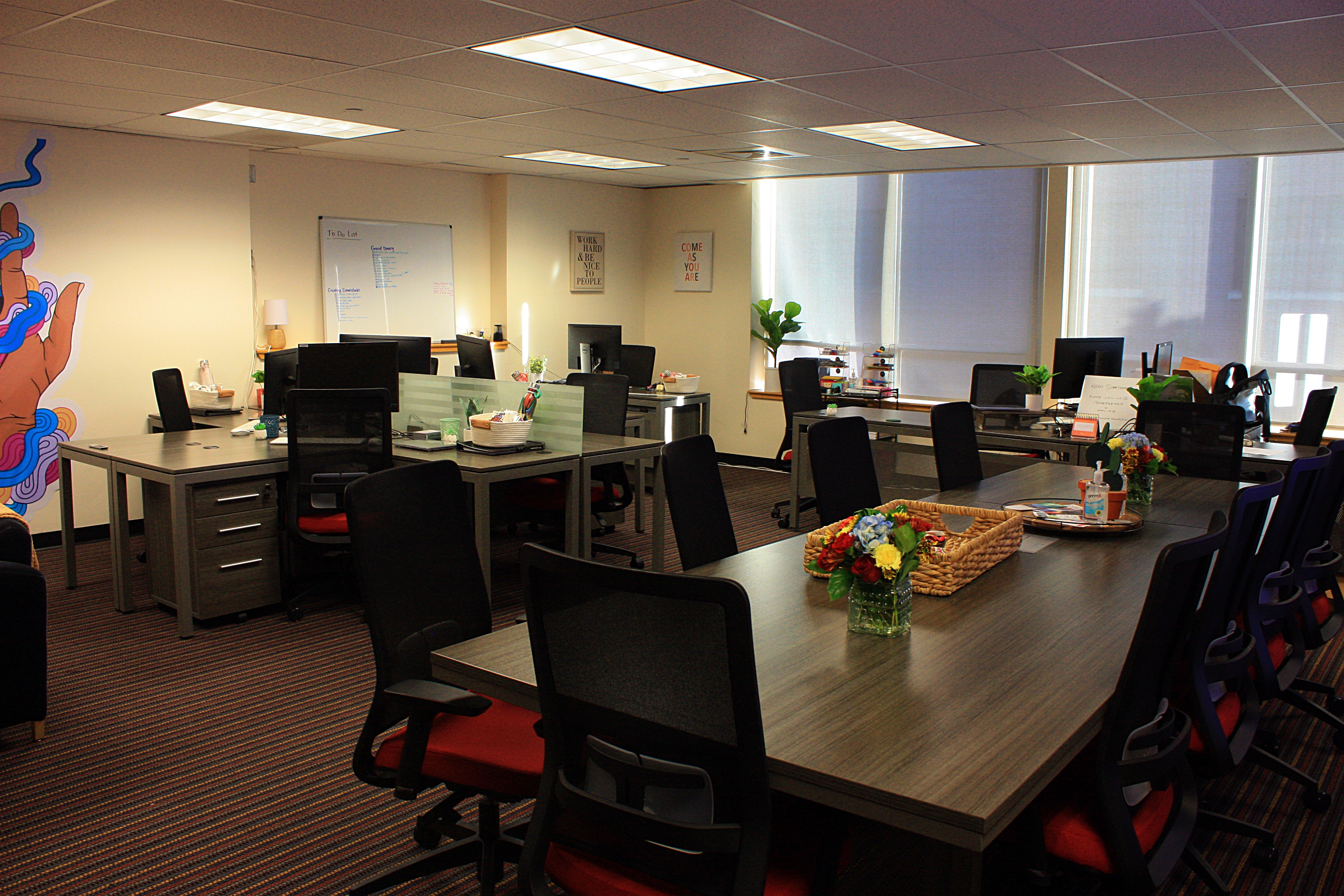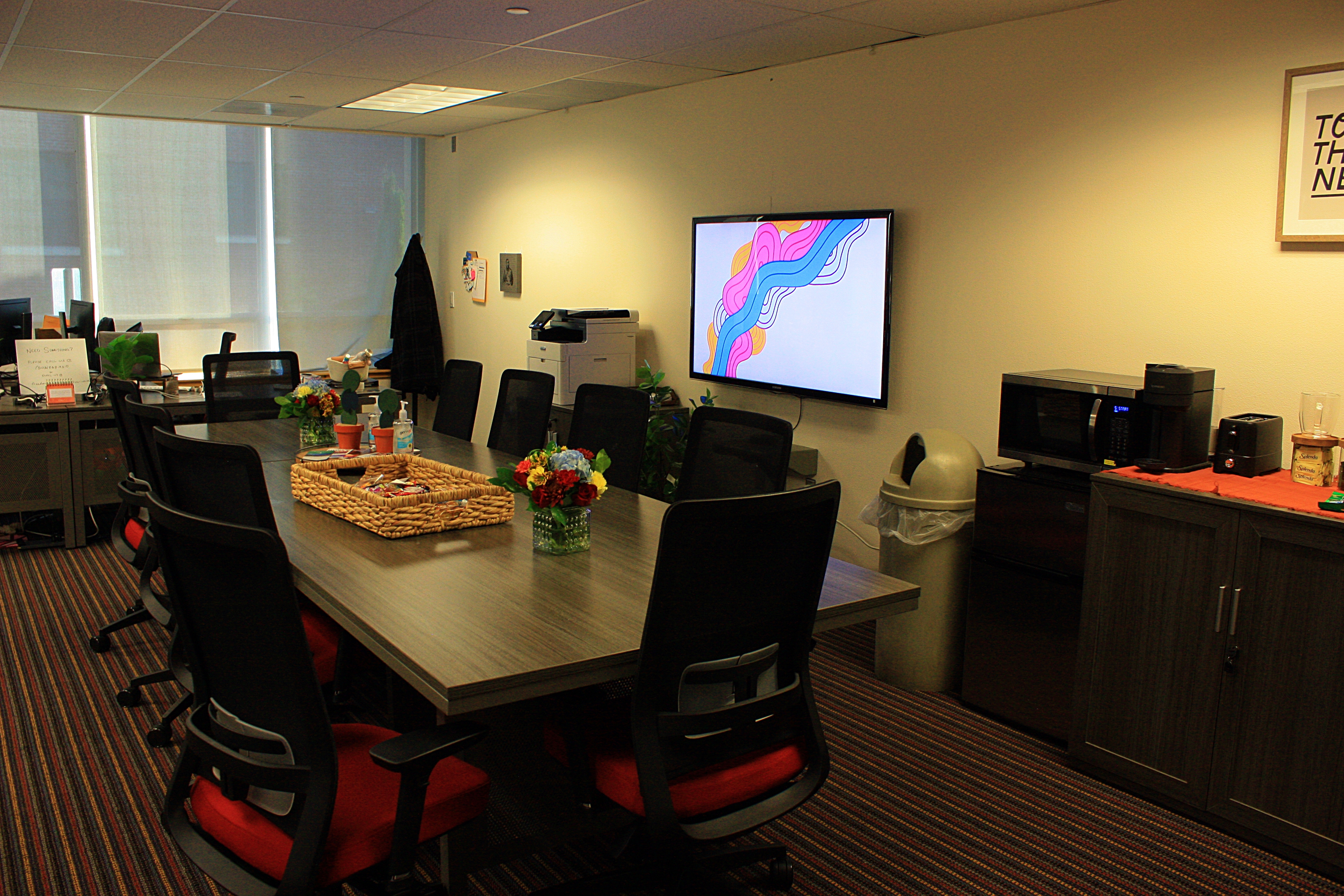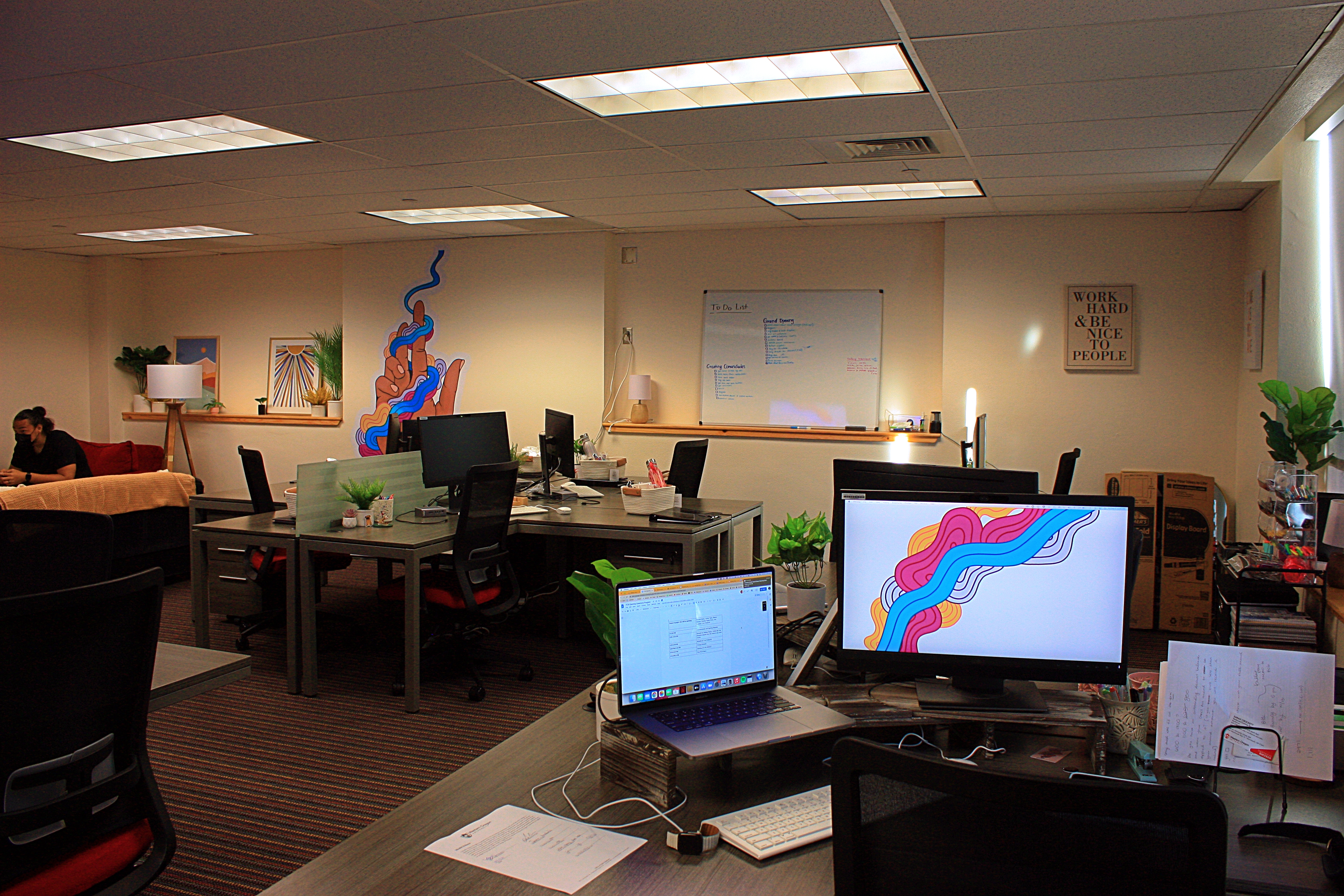Estudiantes negros, indígenas y de color de Western explican su propuesta global al Consejo de Administración de WOU
Makana Waikiki | ASWOU IFC Chair
Para publicación inmediata
3 de abril de 2021
La propuesta de los estudiantes negros, indígenas y de color de la Western Oregon University pide al Consejo de Administración y a la Administración de la WOU que atiendan las necesidades de los estudiantes
Monmouth, OR - Los estudiantes negros, indígenas y de color de la Western Oregon University han lanzado una propuesta integral a la Junta de Síndicos de la WOU que presentarán en la reunión de la Junta del 21 de abril de 2021, llamando la atención sobre las necesidades de los estudiantes a través de la financiación y la reevaluación de las necesidades que la WOU y su administración no han proporcionado a los estudiantes, el personal, el profesorado y la comunidad.
La propuesta se divide en dos categorías de necesidades de los estudiantes de la WOU: fiscales y de reevaluación. En los últimos años, los estudiantes de WOU han compartido su frustración debido a la falta de apoyo a través de los recursos de la administración. Los estudiantes de color siguen siendo algunos de los grupos de estudiantes más afectados en este campus y han estado abogando por un centro en el campus que los reúna, que sea un espacio seguro y que promueva y celebre la diversidad y la riqueza de sus culturas. La primera demanda fiscal es financiar el Centro de la Libertad, un espacio creado por estudiantes BIPOC para estudiantes BIPOC en WOU. Este espacio proporcionará salas de estudio, tecnología y un lugar al que los estudiantes de color puedan acudir en busca de apoyo, recursos y, lo que es más importante, un entorno seguro en este campus.
Nuestra propuesta también aborda la grave necesidad de una educación post-secundaria en WOU que sea asequible, accesible y proporcione a los estudiantes los recursos que necesitan para tener éxito. La tasa incidental es una importante fuente de ingresos que financia servicios vitales, programas, recursos, como la despensa de alimentos, y las oportunidades de empleo para los estudiantes y el personal. Estos servicios y programas necesitan ser financiados, sin embargo, está ligado a la matrícula y con la disminución de las tasas de matrícula que seguimos presenciando deja áreas que proporcionan servicios esenciales y recursos insuficientemente financiados. Estamos pidiendo a la Junta de Síndicos que subvencione los recortes que el Comité de Tasas Incidentales (IFC) tuvo que hacer este año (~$203.000) para que todas las áreas financiadas por el IFC que benefician a los estudiantes estén totalmente financiadas en el próximo año académico.
En las audiencias abiertas del Comité de Tasas Incidentales, los estudiantes deportistas expresaron su preocupación por la necesidad de nuevos uniformes y equipación. Es necesario invertir para apoyar a los estudiantes deportistas de nuestro campus, que ayudan a reclutar nuevos estudiantes. Pedimos que se asignen $122.000 a los estudiantes deportistas para sus uniformes y equipaciones. Esta asignación duplicaría el presupuesto de cada deporte, ya que están gravemente infradotados.
Este último año hemos sido testigos del aumento de los ataques dirigidos contra las comunidades de color y de cómo esto ha afectado al bienestar mental y físico de los estudiantes de color de nuestro campus. Esta universidad quiere enorgullecerse de sus valores fundamentales de diversidad y respeto afirmando que "la equidad y la inclusión son una base fundamental en la diversidad humana" y, sin embargo, los estudiantes de color son los que exigen y trabajan para crear el Centro de la Libertad. Los estudiantes no deberían ser el único grupo de personas de nuestro campus que quiera crear un entorno seguro y acogedor; esta debería ser una misión por la que todos nos esforzáramos. La Junta puede tomar medidas para ayudar a abordar esta cuestión mediante la financiación de un Director de Equidad e Inclusión. La financiación para este puesto sería de 2 años y sería contratado por un comité de estudiantes, profesores y personal BIPOC. Este puesto se ocuparía de los casos de injusticia racial y social sistémica, y apoyaría a los estudiantes, el personal y el profesorado de color en la consecución de sus objetivos en WOU.
El Consejo de Administración también debe reevaluar cómo se contrata al profesorado y al personal. Hay una falta de representación BIPOC en la administración, el profesorado y los puestos del personal. El Presidente Fuller debe preparar un plan para establecer una nueva política de contratación de profesores y personal, y un plan que incluya la representación de no menos de un estudiante BIPOC, no menos de un miembro BIPOC de la facultad, y no menos de un miembro BIPOC del personal, para la próxima reunión de la Junta de Síndicos. Además, la Junta de Síndicos debe reconsiderar nuestro plan sobre la reapertura del campus para el período de otoño en su próxima reunión de la Junta de Síndicos, con un punto específico del orden del día con 30 minutos de comentarios públicos sobre el asunto. La junta también debe colaborar con ASWOU para llevar a cabo una serie de foros públicos el próximo otoño 2021, en el que los estudiantes, profesores y personal será capaz de proporcionar información sobre los siguientes temas: Seguridad pública en el campus, racismo en el aula por parte del profesorado, Centro de Salud y Asesoramiento Estudiantil, instituir una clase de competencia cultural y racismo sistemático de primer año para que todos los estudiantes de WOU la tomen en su primer año, instituir un currículo cultural en todas las clases ofrecidas para Licenciaturas y Posgrados en consulta con el Director de Equidad e Inclusión, y la Respuesta COVID-19.
Esta propuesta integral de los estudiantes BIPOC en WOU aborda las principales preocupaciones que los estudiantes de WOU han expresado durante años e instamos a la Junta de Síndicos a tomar medidas mediante la aprobación de nuestras peticiones presupuestarias y recomendaciones de reevaluación. Nos hará falta a todos: estudiantes, profesores, personal, la administración y la Junta de Síndicos para salvar nuestra universidad y restaurar el nivel de confianza, transparencia, responsabilidad, inclusividad y, lo que es más importante, nuestro sentido de comunidad.
Para más información, póngase en contacto con la presidenta de ASWOU IFC, Makana Waikiki, en mwaikiki18@mail.wou.edu.
Anexo
11 de abril de 2021
"Como comunidad, hemos depositado nuestra confianza en personas y sistemas que no la merecen. Nos estamos poniendo en peligro cada día que nos levantamos y tratamos de obtener una educación aquí en WOU. Con el aumento de los crímenes de odio, la falta de recursos para las comunidades marginadas, y el aumento en el precio y la dificultad de la educación superior, necesitamos que la Junta de Síndicos priorice nuestras necesidades. Los estudiantes de WOU están presentando esta propuesta, de nuestras necesidades fiscales y de reevaluación que WOU y su administración no han proporcionado a sus estudiantes, personal, profesores y comunidad. Es hora de cambiar".
- Makana Waikiki (ella/ellos) Líder estudiantil y defensora de los derechos de los estudiantes










